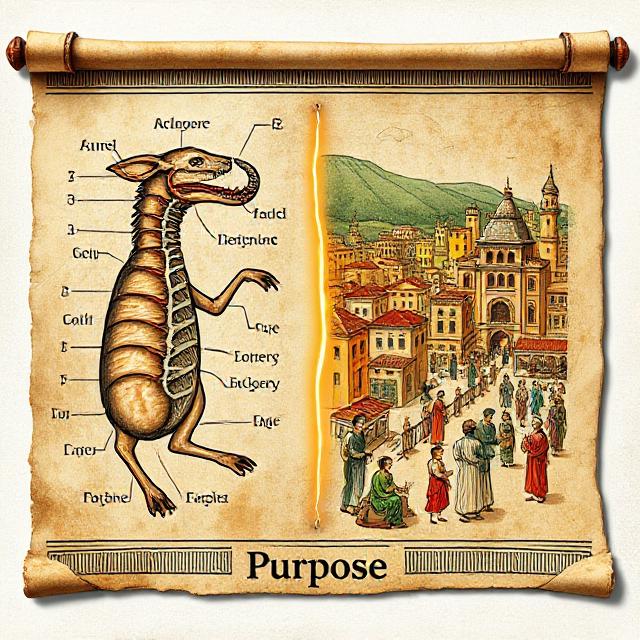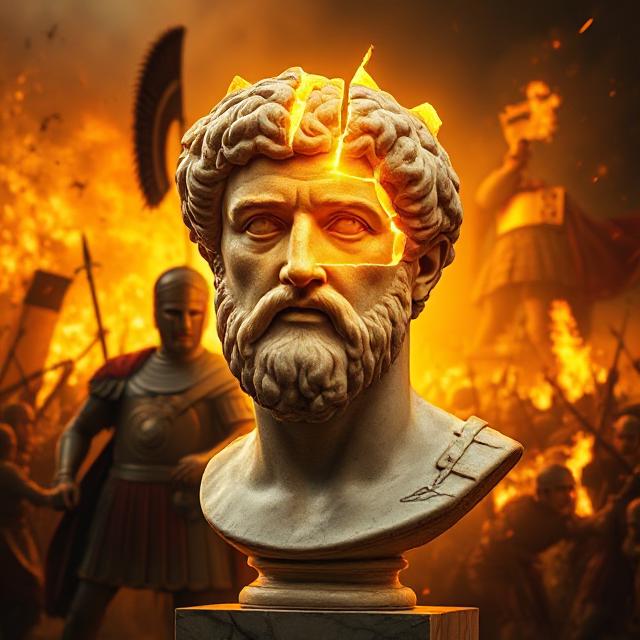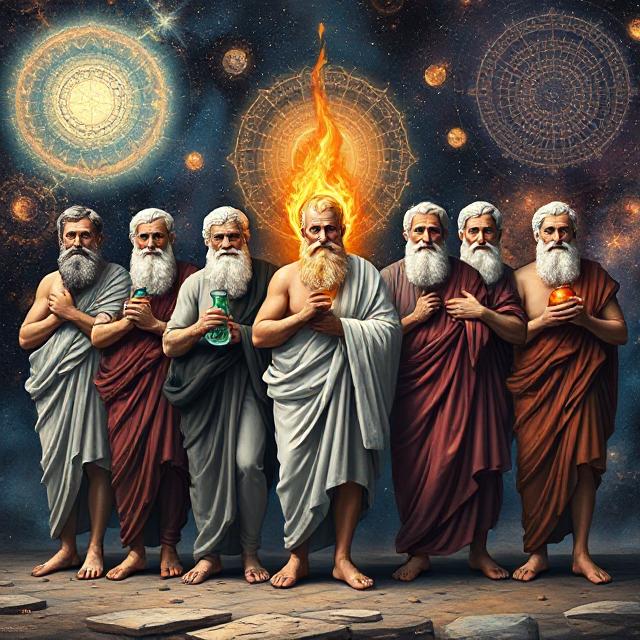Category: Evolution of Philosophy
-
Locke and Hume: The Age of Empiricism

The Age of Empiricism: Locke and Hume as Pioneers of Experience-Based Knowledge The Age of Empiricism marked a critical shift in Western philosophy—a transition from rationalism’s abstract reasoning to knowledge grounded in sensory experience. At the heart of this intellectual revolution stood two towering figures: John Locke and David Hume. Their work challenged centuries of…
-
The Enlightenment Philosophers and Human Rights

Enlightenment Philosophers and Human Rights: A Revolution of Thought The phrase “Enlightenment philosophers and human rights” encapsulates one of the most pivotal intellectual transformations in human history. During the 17th and 18th centuries, Enlightenment thinkers across Europe launched a movement that redefined the very nature of governance, morality, and personal freedom. Their collective efforts gave…
-
German Idealism: Hegel’s Shadow

German Idealism Hegel: The Last Philosopher of the Absolute German Idealism Hegel stands as both a pinnacle and an enigma in the evolution of philosophy. Emerging from the embers of the Enlightenment and the critical revolution of Immanuel Kant, German Idealism forged a path toward a system of thought that tried to reconcile the infinite…
-
Aristotle’s Influence on Biology and Ethics

Aristotle Biology and Ethics: One Philosopher, Two Legacies Aristotle—student of Plato, tutor of Alexander the Great, and founder of the Lyceum—left a mark on philosophy so wide-reaching that it spans from plant taxonomy to political theory. But nowhere is his influence more pronounced than in the twin domains of biology and ethics. Unlike Plato’s emphasis…
-
The Rise and Fall of Stoicism in Ancient Rome

Stoicism in Ancient Rome: A Philosophy for Power and Peace “Stoicism in Ancient Rome” wasn’t just a fad—it was a cultural force that guided emperors, senators, soldiers, and slaves. What began as a Greek school of thought transformed into a cornerstone of Roman virtue, political life, and personal resilience. From its noble ascent under Seneca…
-
What Made Medieval Philosophy So Theological?

Medieval Philosophy Theology: Bridging Faith and Reason “Medieval philosophy theology”—three words that form a seamless triad when we look at the intellectual history of the Middle Ages. Unlike ancient philosophy, which was concerned with nature, logic, and virtue, medieval philosophy was steeped in theological questions. Why was this the case? Because philosophy in the Middle…
-
Islamic Golden Age Thinkers: Al-Farabi to Averroes

Islamic Golden Age Thinkers: Al-Farabi to Averroes and the Legacy of Intellectual Revival “Islamic Golden Age thinkers” is more than a category—it’s a portal into a transformative era when science, philosophy, medicine, and metaphysics flourished across the Islamic world. Spanning the 8th to the 13th century, this golden age bridged East and West, translated Aristotle…
-
Plato’s Legacy: Ideal Forms and Political Theory

Plato Political Theory: Philosopher of Ideas and Governance Plato, the student of Socrates and teacher of Aristotle, stands as one of the most influential thinkers in Western philosophy. His dual legacy—the theory of ideal forms and his political philosophy in The Republic and other dialogues—continues to shape metaphysics, epistemology, ethics, and governance. At the heart…
-
How Socrates Shaped Western Logic

Socrates Western Logic: The Genesis of Rational Thought The roots of Western logic trace back not just to Aristotle, but deeper—into the probing dialogues of Socrates, the Athenian philosopher who never wrote a word yet transformed how humans think. Socrates did not formulate formal logic in the way later thinkers did, but his method of…
-
What Did the Pre-Socratics Actually Believe?

Pre-Socratic Beliefs: Origins of Western Thought Before Socrates ever posed his famous questions in the agora of Athens, a diverse group of thinkers were already asking bold questions about the nature of reality, knowledge, and existence. These early thinkers are called the Pre-Socratics, not because they were unimportant, but because their work predates Socrates and…
